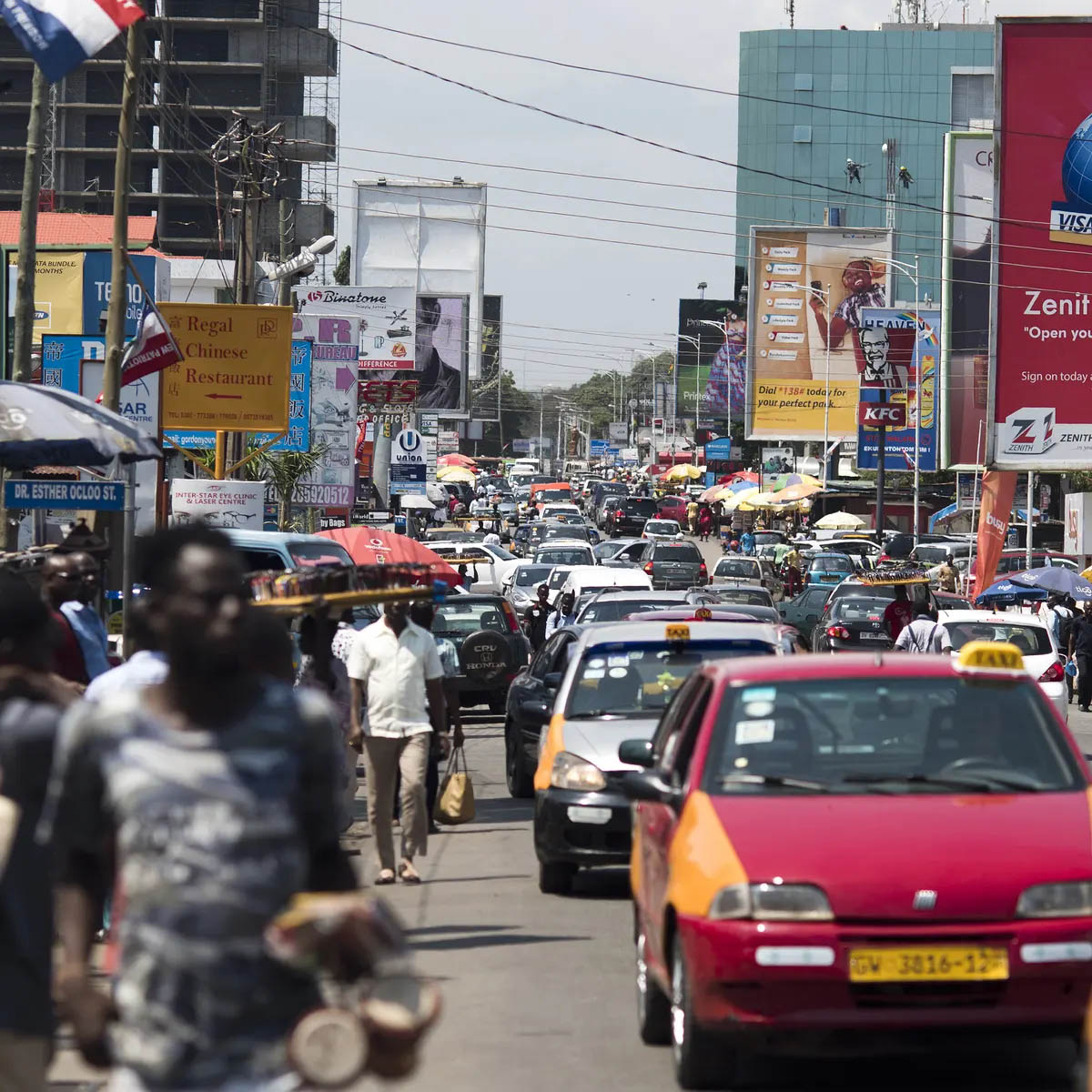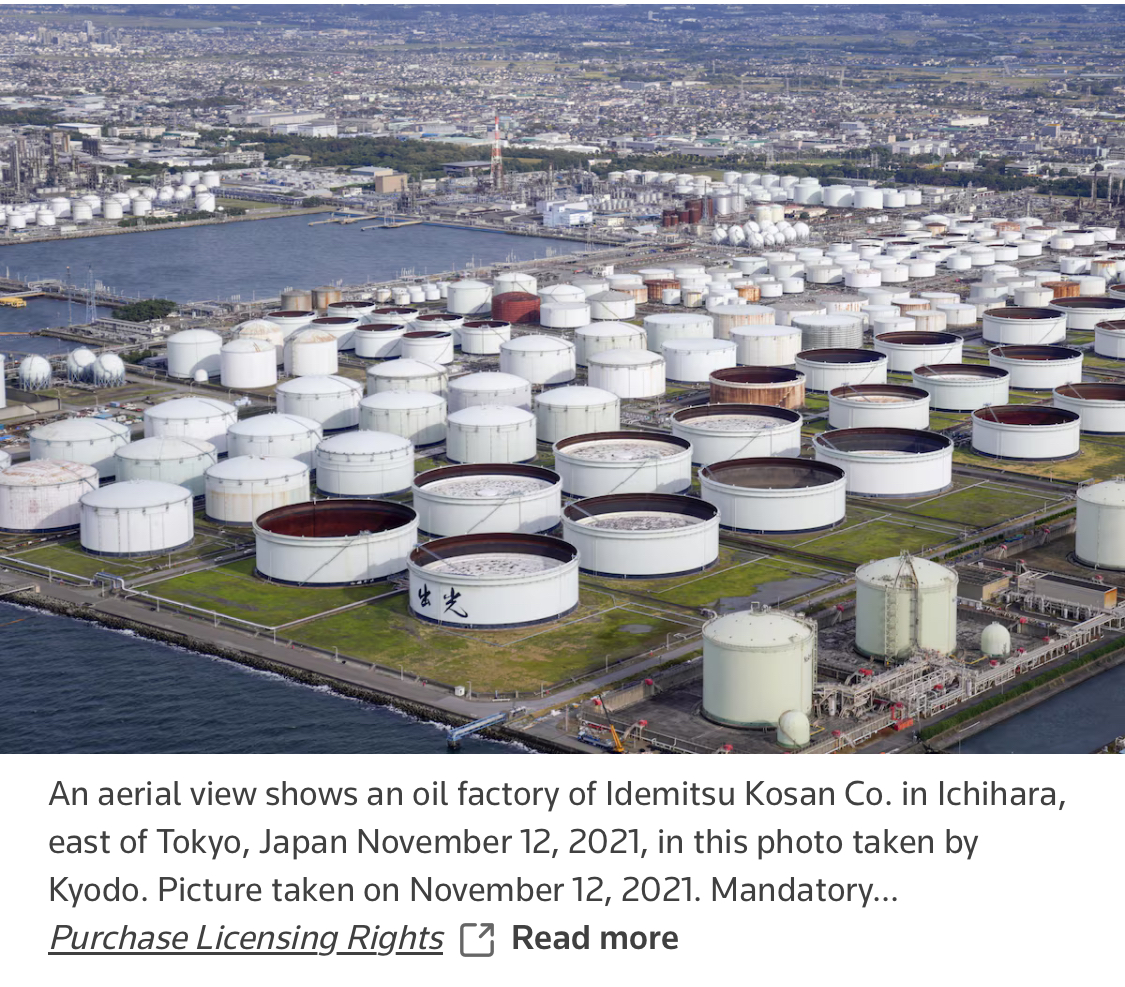Ghana Struggles to Reach Debt Agreement with International Bondholders

In its quest to restructure $13 billion of international bonds, Ghana faces hurdles as it fails to secure a viable debt deal with two key bondholder groups. Despite reaching an interim agreement, negotiations hit a roadblock due to concerns raised by the International Monetary Fund (IMF) regarding debt sustainability parameters.
Thank you for reading this post, don’t forget to subscribe!
Finance Minister Mohammed Amin Adam expressed determination to continue negotiations until a deal aligns with IMF targets. Talks with two groups of bondholders commenced in March, involving Western asset managers, hedge funds, and regional African banks. However, disagreements emerged, notably over proposed changes such as extending bond maturity and lowering coupon rates.
Ghana’s default on most of its $30 billion external debt in December 2022 plunged it into an economic crisis, but signs of recovery have emerged with a 2023 growth rate exceeding IMF forecasts. The government emphasizes its commitment to meeting IMF requirements, with ongoing efforts to satisfy debt restructuring criteria.
Despite optimism among regional bondholders, evidenced by a belief in reaching a deal by year-end, challenges persist. The IMF’s approval of a $3 billion loan program for Ghana in May 2023 is contingent on implementing reforms and achieving sustainable debt restructuring.
Meanwhile, discussions under the G20 Common Framework, aimed at expediting debt overhauls, progress slowly. Ghana seeks to slash $10.5 billion from external debt repayments and interest costs between 2023 and 2026. While an agreement in principle was reached in January to rework loans with official creditors, negotiations with bondholders remain critical.
Proposed bondholder deals include options such as heavily discounted bonds with adjusted maturity and coupon rates, alongside bonds representing accrued “Past Due Interest.” Despite the complexities, some bondholders advocate for flexible debt instruments tied to Ghana’s economic performance metrics.
As talks continue, Ghana, alongside Zambia and Ethiopia, faces the challenge of balancing economic recovery with debt restructuring under the watchful eye of international financial institutions.





